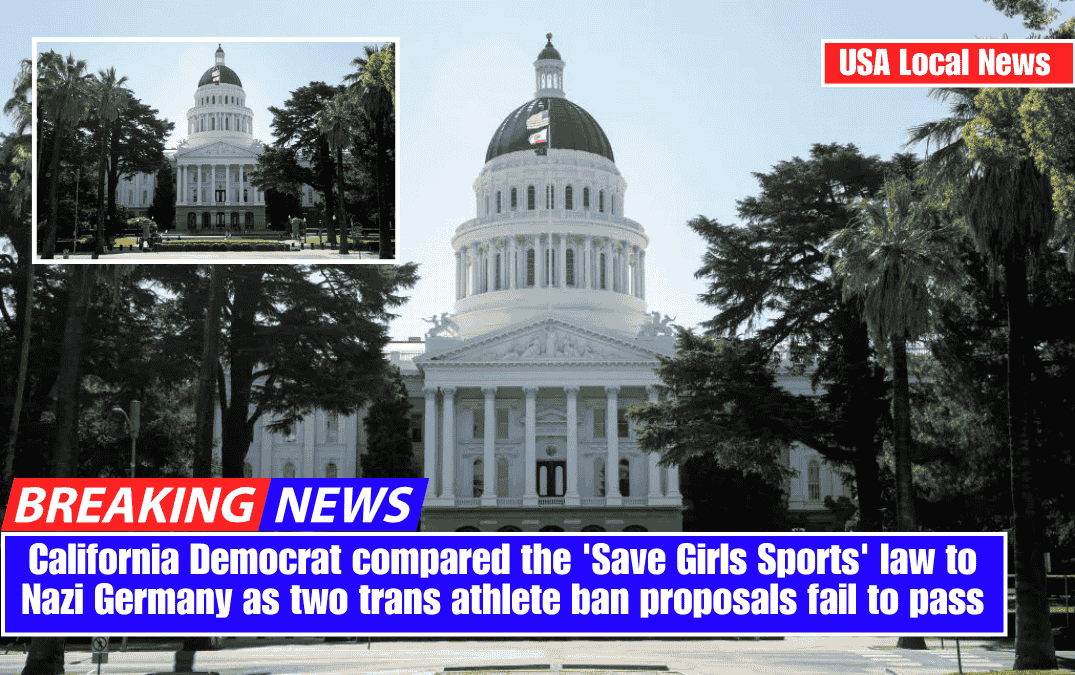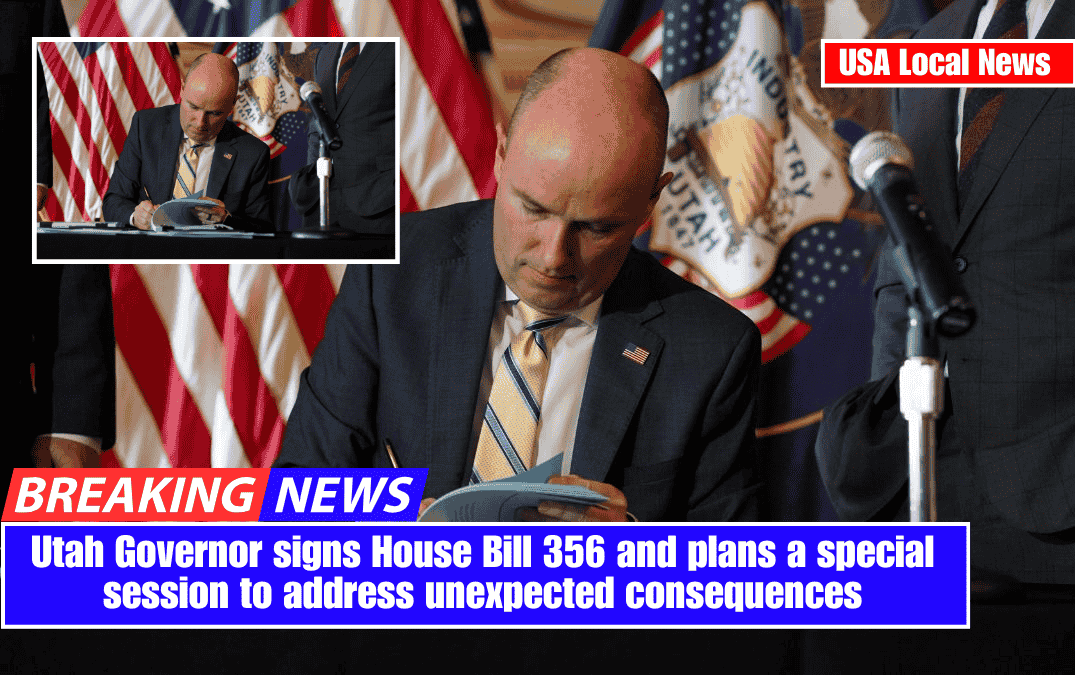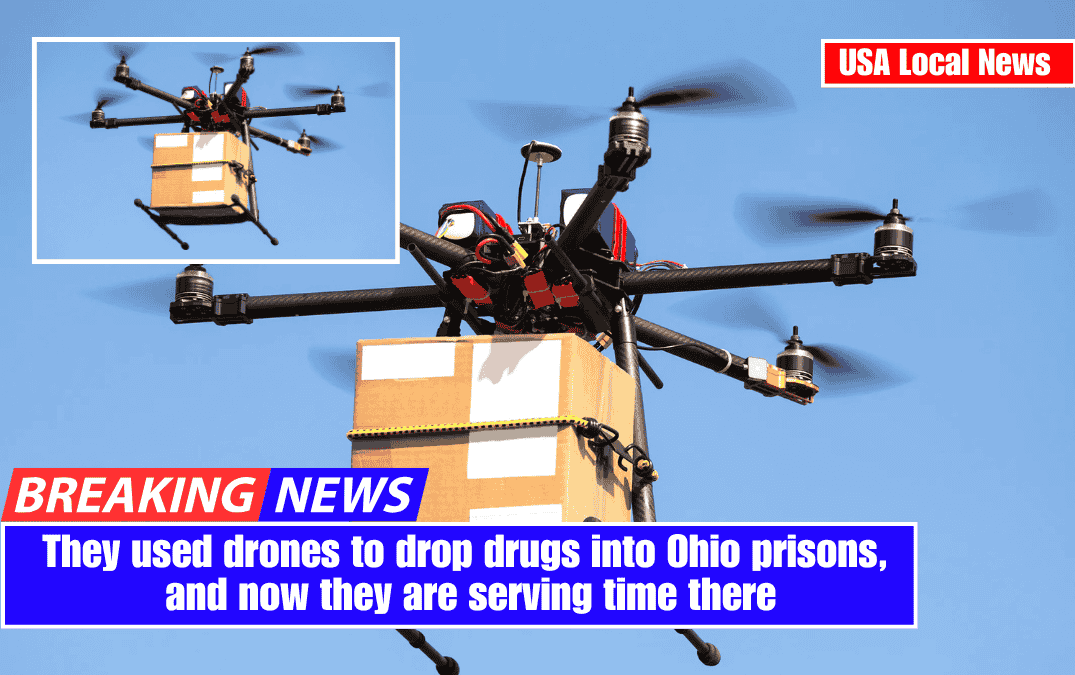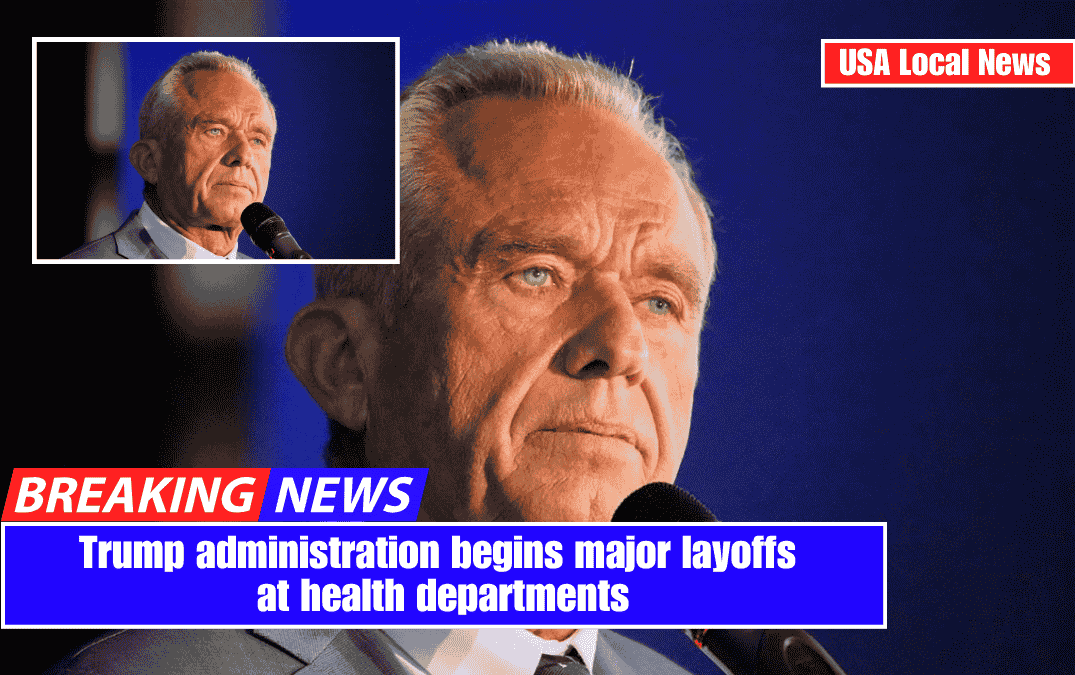MEXICO CITY (AP)— Mexico’s president disbanded the country’s Federal Police six years ago, giving the military complete control of security operations. Now, his successor has quietly begun to assemble an elite civilian investigative and special operations force to combat drug cartels.
Early in her presidency, President Claudia Sheinbaum demonstrated a willingness to abandon former President Andrés Manuel López Obrador’s widely criticized “hugs, not bullets” strategy. It aimed to address the social causes of crime rather than directly confronting Mexico’s powerful cartels.
Omar García Harfuch, Sheinbaum’s security chief, is using his law enforcement contacts, primarily from the former Federal Police, to reclaim security capabilities from the armed forces and direct a civilian force under his command.
Former members of the Federal Police, where García Harfuch began his career, are aware of the new National Operations Unit, known by its Spanish initials UNO, although the government has yet to formally announce it.
Three Mexican officials, all of whom requested anonymity to speak about the unannounced force, confirmed its existence to The Associated Press.
According to security analyst David Saucedo, who has spoken with members of the force, García Harfuch’s primary goal is to establish an armed force to meet demands from Washington.
UNO takes shape
The unit was formed shortly after Sheinbaum took office, and it aims to have 800 members by the end of the year, according to one federal official who is familiar with many of the unit’s details.
On Monday, while García Harfuch was meeting with the Trump administration in Washington, the security ministry issued a call for college graduates to form “the first generation of investigative and intelligence agents,” a specialized group to strengthen the country’s security.
UNO will have three branches distributed geographically throughout Mexico, as well as a high-impact team known as the “elite of the elite,” according to a federal official.
The current members are mostly former Federal Police officers and members of García Harfuch’s special operations team, which he established while serving as Mexico City Police Chief. Most had previously received training from security forces in the United States, Colombia, Spain, or France.
His challenge is to regain the trust of his US counterparts after López Obrador restricted US agents’ movements in Mexico, especially as President Donald Trump pressures Mexico to step up the fight against fentanyl trafficking.
A controversial past
Shortly after taking office, López Obrador replaced the Federal Police with a new force, the National Guard, which he presented to the public as civilian but was always led by and comprised of armed forces.
He portrayed the Federal Police as corrupt and made former Mexican security chief Genaro García Luna, who was later convicted of working for the Sinaloa cartel, the poster child. He reduced funds for training and equipping local police.
What followed were six years of what critics called militarization, which effectively concentrated unprecedented power in the hands of the armed forces.
Despite this, violence remained stubbornly high, and critics claimed the cartels grew stronger as fentanyl revenue skyrocketed. One of the main criticisms leveled at the National Guard and military was that, while they possessed numbers and firepower, they lacked the investigative skills required to dismantle large criminal organizations.
According to Saucedo, García Harfuch was initially a “toothless tiger” who was frequently denied resources, information, and investigative files by other security entities in Guanajuato, Mexico’s most violent state.
UNO places an elite force under his direct command.
The Mexican federal official denied that UNO’s goal was to appease Trump, but did note that the unit was involved in the unprecedented delivery of 29 high-profile cartel figures to the United States during the height of negotiations between the two countries to suspend threatened tariffs. They were freed from prisons across Mexico, assembled, and transported to the United States without incident.
The challenge: avoid corruption
Special operations forces, whether from the Navy, Army, Federal Police, or state police, have a checkered history in Mexico, having been implicated in numerous scandals and abuses of power, extrajudicial killings, and cartel infiltrations.
“There have been a lot of bad cases,” said the previously quoted federal official, who also mentioned that there were good cops. He stated that the security ministry is emphasizing stricter screening, thorough background checks, and higher pay once they are hired.
García Harfuch’s influence extends to states where Sheinbaum’s party has power. People he trusts are taking key security positions, and UNO will train state special operations teams, which include many former Federal Police officers.
In December, the southern state of Chiapas, where Mexico’s most powerful cartels are battling for control of smuggling routes, announced the formation of the Pakal, a special operations force of approximately 500 members.
Two members told the AP that they were former Federal Police officers who completed eight months of specialized training before joining the Pakal.
However, doubts remain. Saucedo believes that since the new elite force lacks effective internal controls and accountability mechanisms, “there’s no guarantee that this elite group won’t commit the excesses committed by other special operations groups.”















